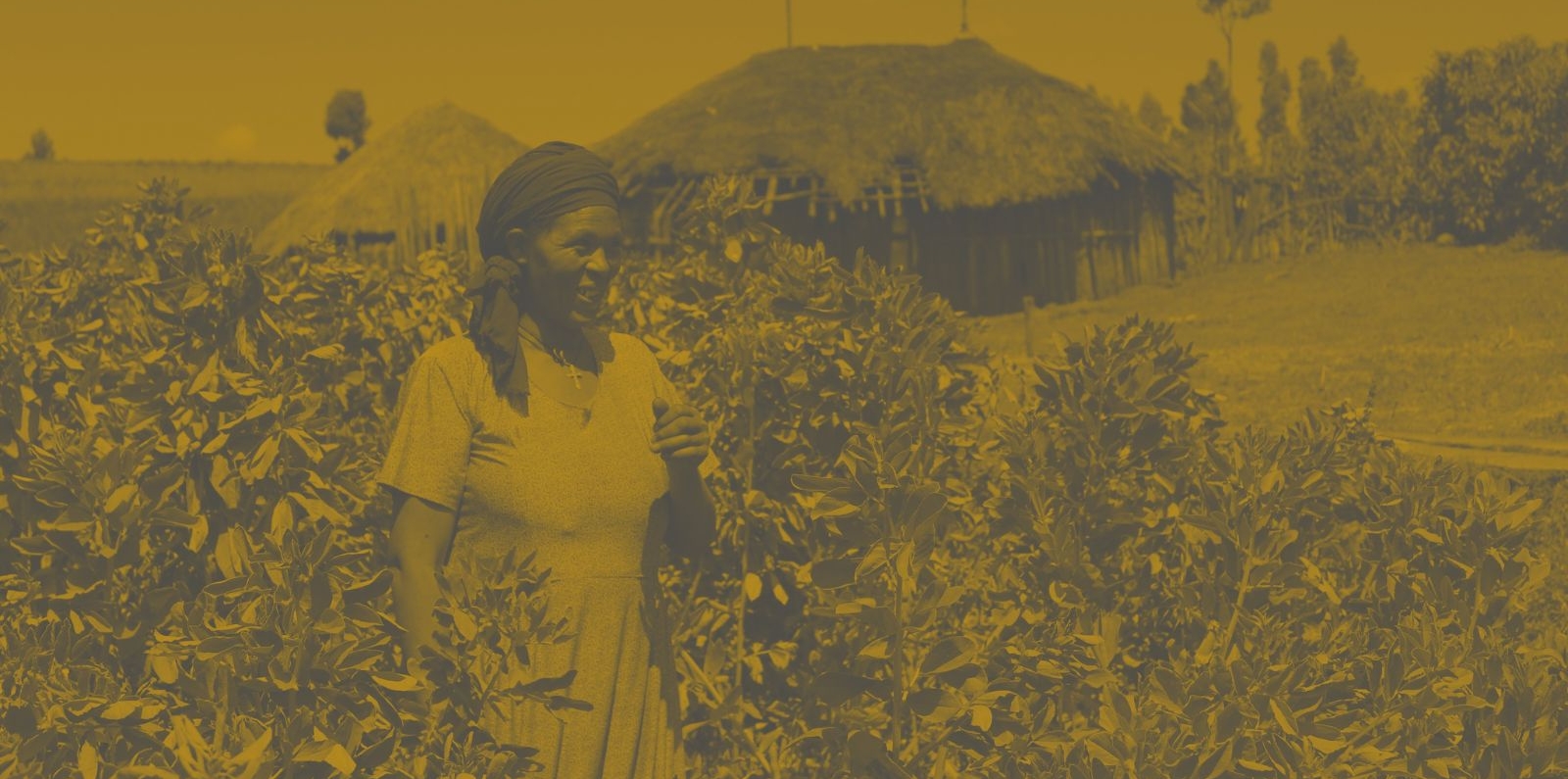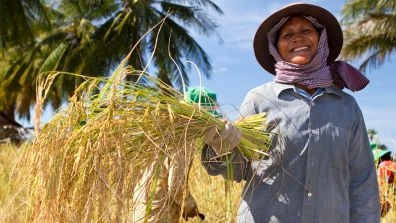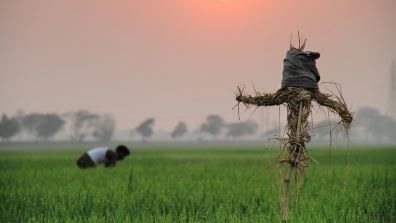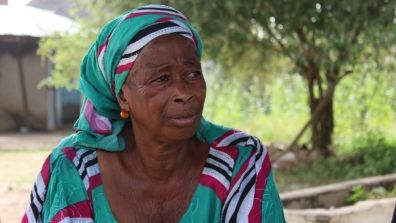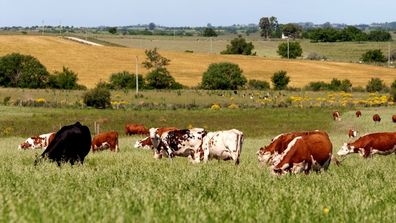From conflict to climate change, communities across Africa are fighting crises on multiple fronts. And now, amid rising global costs, low growth projections and rising insecurity, these crises are set to deepen.
Staple food prices across the region are already impacted by natural disasters and wars, rising by an average 4% in the wake of wars and 1.8% after natural disasters. Staple food prices surged by an average of 23.9 % in 2020-22 — the most since the 2007-08 food crisis. High fertilizer prices continue to put a strain on global food supplies like wheat.
After decades of progress, global poverty reduction has stalled. At the current rate, nearly 600 million people—7% of the world’s population—will be living on less than $2.15 a day in 2030.
We must step up support for the most vulnerable
Across Africa, it is the poor and vulnerable who will feel these impacts the most. This is a critical time for the international community to step up and provide financial support and assistance to low-income countries that promote growth and opportunities for all. Targeting investment support towards small and new businesses is more crucial than ever before.
Three priorities to reverse the global back-slide on sustainable development
There are three actions the global community must prioritize to reverse the backward slide on sustainable development gains across Africa in the face of multiple crises.
First: When more crises hit, it is too late to build long-term solutions from scratch. It is too late to drive structural change, or the way in which food is produced and consumed when putting food on the table is an urgent priority. That groundwork must already have been laid.
The foundations to drive long-term change in our food systems should already be in place before crises hit — so communities and institutions can be rapidly mobilized through already-existing pathways to respond to change.
For that to happen, sustainable and climate resilient investments in regional and local agri-food systems must be facilitated as a long-term priority alongside emergency response. Long-term structural reforms and targeted investments in improved infrastructure, services, and innovations supporting agri-food chains and rural communities as the backbones of low-income economies will be essential for uplifting productivity and reducing poverty.
As noted by Ahmed Madobe Nunow, Minister of Agriculture for the Federal Government of Somalia at the recent Agriculture and Food Global Practice session organized during the World Bank’s Spring Meetings: “As much as we have immediate humanitarian needs, we want to also think about the long-term solution in terms investing in the resilience of farming communities so that we can transition from humanitarian emergencies to recovery, resilience and development projects.”
Encouraging the private sector to invest in agriculture as an enterprise by facilitating and de-risking the provision of financial services is critical, he added.
Second: To fast-track effective responses to shocks, flexible financing must be made rapidly available to countries, communities, and producer organizations.
In addition, financial and technical support must put local communities and businesses in the driving seat to design, implement and drive local crisis response in line with their own development strategies for long-term, sustainable growth and resilience.
Minister of Agriculture of Liberia Jeanine Cooper, has highlighted that GAFSP’s agility and potential to blend public and private-sector investments have already allowed the country to quickly respond to crisis. “Sometimes public-sector financing is a bit rigid, plans and designs are made and you can’t move it. But when we had the Ebola crisis, GAFSP was flexible enough to allow us to shift towards immediate needs and answering those,” she said.
Under GAFSP’s most recent Calls to Proposals, $220 million has been allocated for country-led project proposals and an additional $45 million has been made available to support smallholder farmers of producer organizations.
This financing will fill critical investment gaps and channel investments in agricultural infrastructure, agri-food chains, and producer organizations to respond to changes unfolding on the ground, expediating impact in the most food insecure countries.
Third: Small and medium enterprise growth stimulates job creation — and in turn generates growth critical to recover recurrent shocks. Tailored financial services supporting investments must be put within reach of rural communities, producer organizations and small business owners, especially women, in low-income economies. Channeling investment towards these local partners in the agri-food sector will stimulate growth in smallholder and family farming. These families, in turn, can drive the development of new markets that respond to their urgent needs.
Delivering together
Among the upcoming issues to be discussed at the G7 meeting in Japan in May, historic events such as the COVID-19 pandemic and Russia’s war in Ukraine, and the consequent shocks rippling through the global economy will take center-stage. They also include how to achieve net-zero emission goals by 2050 and transition to more efficient sources of energy. And, how to ensure access to affordable, safe, nutritious food for all and to develop resilient food security.
The Global Agriculture and Food Security Program (GAFSP) is uniquely positioned to respond to such shocks. Launched by the G20 in the wake of the 2007-08 food price crisis, the program is designed to rapidly channel investment to producers, businesses, and rural communities in low-income countries.
By taking these three actions through tried and tested mechanisms such as GAFSP, the global community can fast-track finance to the poorest and most vulnerable — while building long-term resilience for a more food secure future.
This blog was also published on the World Bank website.
